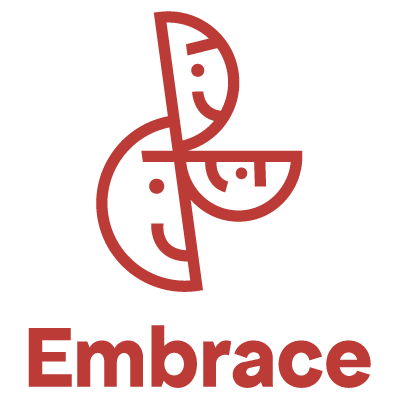Lessons learnt from the first year of the Embrace project
The Embrace project is 1 year old.
We reached out to Martina Todisco, from the leading partner Second Tree, to gather her insights about the first year of implementation.
Could you share with us your impressions of this first year of the project?
In this first year, we were struck by the alignment in values and motivation of the partnership. We quickly realized we were not only working towards the project objectives – increasing newcomers’ participation in decision-making processes in their host countries. We were also working towards tackling the very preconceptions that hamper newcomers’ participation – their labelling and self-labelling as powerless victims. By addressing these preconceptions with both newcomers and decision-makers, giving them tools and spaces to interact with each other equally, we are halfway through the process of creating fairer and more united local communities.
What are the lessons learnt during this first year?
We already knew that the main challenge of this project would have been implementing three models of integration, which were developed and tested in very specific territories (Greece, Portugal, France), in new and extremely different contexts. Through careful needs assessment, we have learnt a lot about the needs of the participants of each territory and about how to adapt these models to meet them. Yet, we have also learnt that, no matter the background of the decision-makers and newcomers involved, there is a huge need for capacity building on both groups: to learn how to communicate and work together effectively.
What do you expect from the last year of the project?
This year, we will see how well the capacity building we have done on newcomers and decision makers have worked – both groups will be working together to co-create policies that affect newcomers’ lives. So, this time next year, we expect to see implemented fairer and appropriate integration policies in 11 cities across Europe; we expect to see local decision-makers to treat newcomers as capable people, not helpless victims or burdens; we expect to see newcomer leaders advocate for themselves and their communities; we expect to have created a best practice of how equal, just and welcoming communities should look like.
